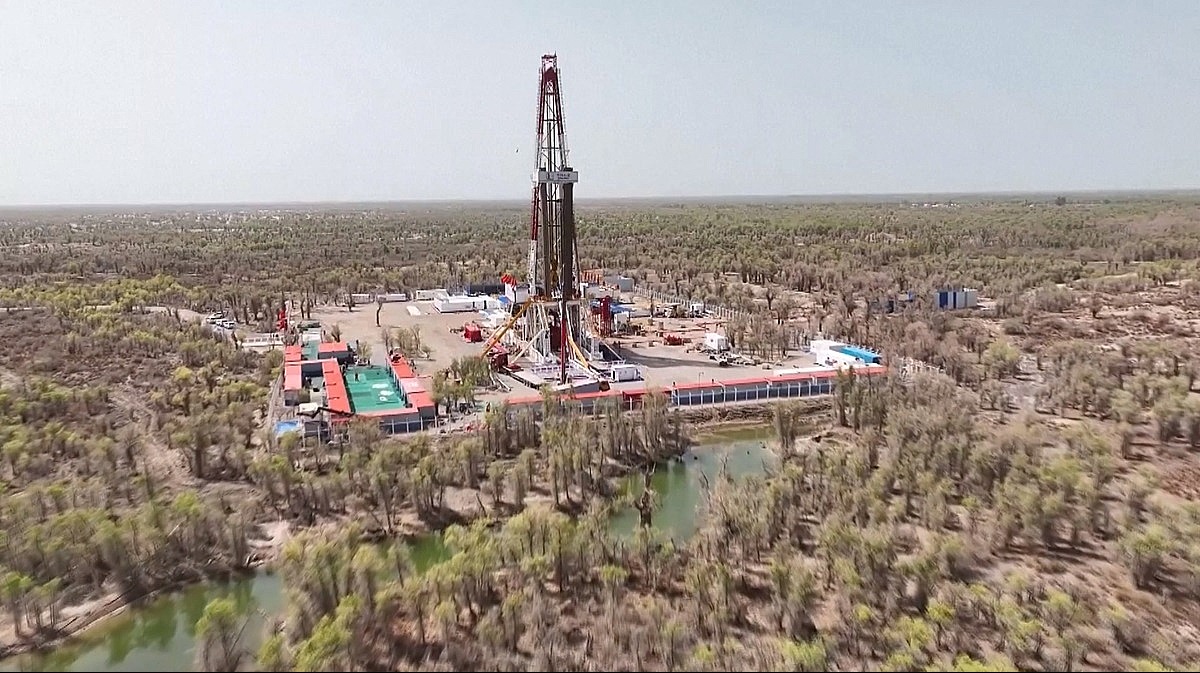China recently marked a significant drilling feat with the testing of the Yuejin 3-3 well, now recognized as Asia’s deepest at an impressive 9,432 meters. This accomplishment holds particular weight for a nation ranking high among global oil and natural gas importers, facing economic and strategic challenges due to heavy dependence on foreign energy sources.
Located in the Tarim Basin, the Yuejin 3-3 well, with drilling initiated on May 1 and completed on October 24, deployed advanced techniques, including extended-reach drilling. This method enabled the extraction of deposits 3.4 kilometers from the wellhead at an inclination angle of 5,300 meters.
The Tarim Basin boasts substantial geological potential, harboring over nine billion tons of oil equivalent in total resources below 8,000 meters—more than half of China’s ultra-deep reserves. This drilling success underscores China’s capacity to access these valuable resources domestically.
Looking beyond the technical aspects, Liu Lian, director of the Petroleum Engineering Research Institute of the Northwest Oilfield Company, emphasized the broader significance. Successful extraction in ecologically protected areas and geologically complex regions highlights the country’s adeptness in resource retrieval while aligning with global environmental concerns.
China’s testing of Asia’s deepest oil and gas well signifies not just a technological milestone but also signals a strategic shift towards energy self-sufficiency. The achievement of the Yuejin 3-3 well, unlocking substantial domestic resources in the Tarim Basin, reflects a purposeful move for economic stability and strategic autonomy. This success underscores the necessity of proactive investment in domestic resource exploration, laying the groundwork for a more sustainable energy future in an ever-changing global landscape.









